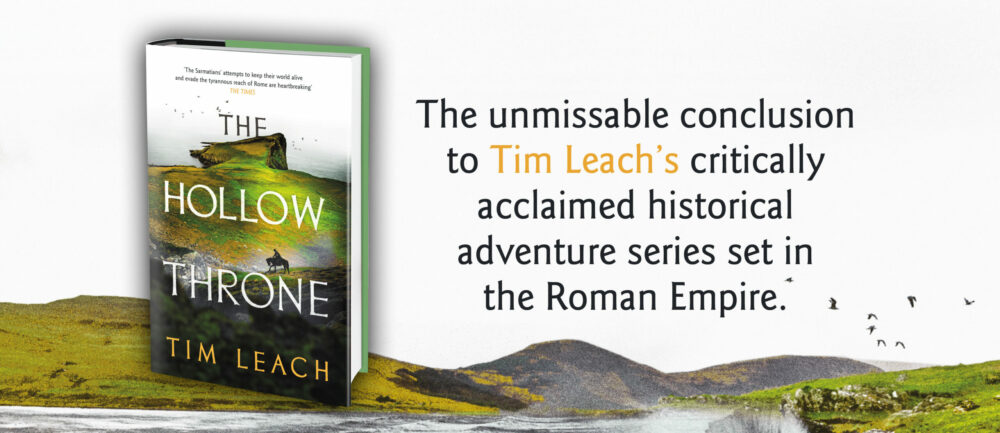Writing is strange business, and writers are strange people. And no time in writing is odder, at no time in writing are you any weirder, than the middle of a first draft.
The beginning is fun. The end offers satisfaction or, at least, relief. In the middle you must hold the thing in your head at all times, an unfinished mess of ideas. Every sentence becomes immensely complex, requiring a dozen different calculations of narrative and character. Everything is begun and nothing is resolved. It is constantly threatening to come to pieces – only your concentrated will and imagination are able to keep it together.
There is little solace away from the book. Talking to people is very difficult. Every day functions like cooking and cleaning become meaningless. Other recreations do not affect you, unless they are extremely physical, like climbing, or sex. The world does not make a great deal of sense, has very little importance, because it is not your world. Your world is in your head. You can only seem to communicate by writing, though music becomes very important, because no matter how much you write, words are not helping. You are going, in a quite controlled and deliberate way, a little insane.
It is strange time, but not an unhappy one. How can you be unhappy when you are ceasing to exist, becoming, for a few months, little more than a machine that eats and sleeps and produces a novel? You are confident that you will finish, because that is the only way you will be free of the thing you have created. You know you are working hard, that your mind is at full capacity, so you can have confidence the book is as good as you can make it.
And some day, in a few months, perhaps, you will finish write the last sentence of the first draft. The book is nowhere near being finished. The real work will be about to begin. But, at least, the strangest and most difficult part will be over. You will be able to let the story go, because it will exists outside your head. You will begin to live again.
